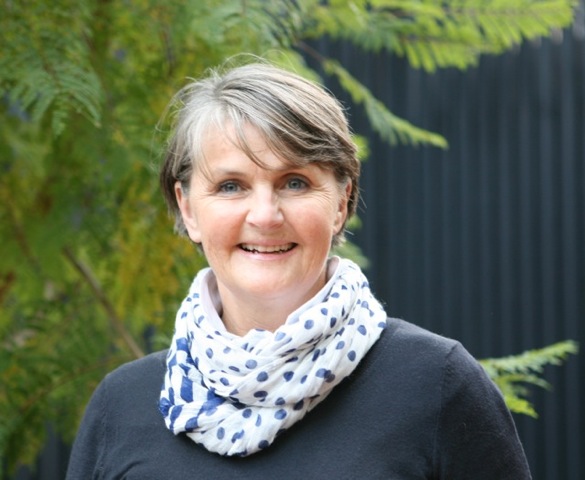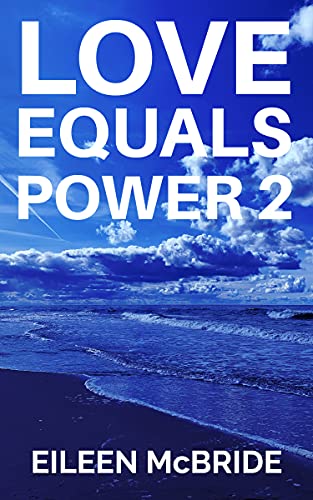Last week I went to shul. My friends’ daughter was getting married and on the Saturday morning, the Jewish Sabbath, prior to the wedding the bridegroom was ‘introduced’ to the Torah according to Jewish tradition.
The service was held at a relatively conservative synagogue where the men and women are still kept separate during the service. In this case, the men were downstairs and the women upstairs.
Draped in their prayer shawls and sporting the traditional yarmulke, the men paid close attention to the prayers, exhortations and ceremony conducted by the rabbi and various male congregants. They actively participated in the service, only periodically glancing up at their women above.
For the women this was a perfect opportunity for a good catch up. Multiple generations of several family groups who have been closely associated - by blood and otherwise - seemed to delight in the opportunity to add another happy event in their long shared history together. Older women absolutely revelled in seeing the little ones and poured a shower of affection over them all.
I sat and observed this wonderful community as they celebrated the happy union of two of their own. It reminded me that this sort of intense experience of a community that embraces more than just ones’ family is almost totally absent in my life and I momentarily became slightly regretful. Community is a major casualty of the fast-paced, geographically disparate life I, and so many people these days, lead.
I’m convinced community is one of the relics of our past that needs to be resuscitated, and reinvented. The time is rapidly fading for social groups that exclude on the basis of insufficient connectivity - blood, race, ethnicity, nationality, age, gender or socioeconomic class. The time has come for new and expansive forms where everyone who desires to participate is welcome.
A society where everyone feels unconnected to those around them, where anonymity and emotional distance divide and separate us, is not a society to be aspired to. There needs to be some care for the needs of the group, not just for those of the individual.
I’m not sure what the answers are, but I think it’s about time we wrench the debate that currently excludes all voices other than the large corporations, who have a deeply vested interest in a large and densely-populated metropolis, and the politicians who are in their grasp.
In his novel Her Infinite Variety, Louis Auchencloss writes:
“Before the Renaissance, men looked for God in the sky. Since the Renaissance, they’ve looked for God in other men: Napolean, Lincoln, Hitler, Stalin…But in the Renaissance, men looked for God in themselves. Consider this wonderful young [protagonist]…He doesn’t trouble himself with visions of heaven and hell or dream up ideal societies to make the miserable creatures around him more miserable than they already are. He will settle for the one life he has and make it a beautiful thing.”
The predominant, if not the sole, concern of most people is survival. But life has to be more than just survival. How to make life a ‘beautiful thing’ is something we need to ponder.
We all pretty much know what we need for a healthy body, and we even have a good handle on what we need for a healthy mind. But a healthy soul needs connection and a sense of oneness, an appreciation of the ‘God’ in all of us, which community helps to foster.

